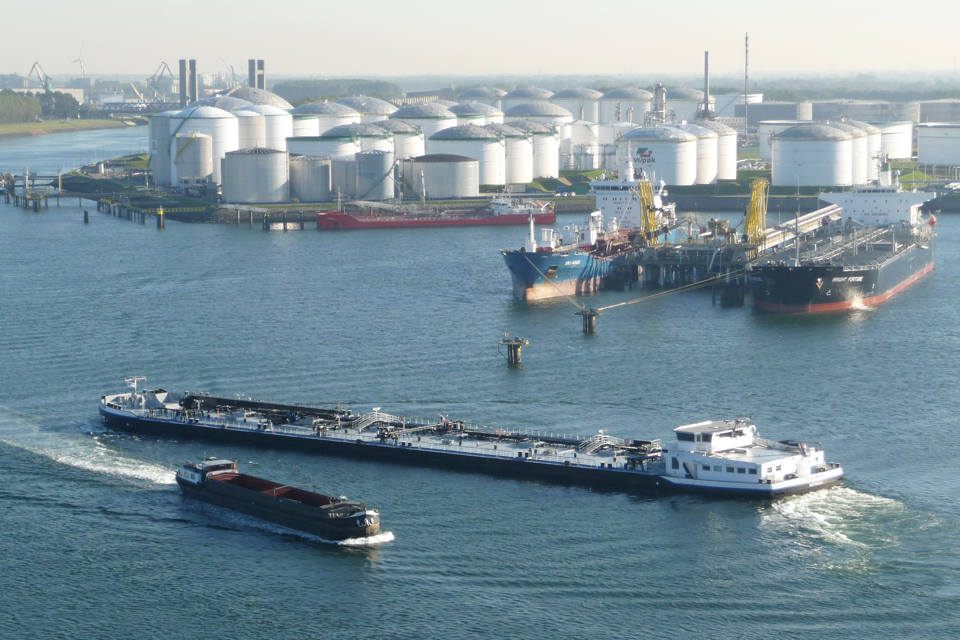Degassing by inland tankers while sailing will be banned throughout the Netherlands. The Council of Ministers has agreed to amend the Shipping Waste Decree after a proposal by Minister Van Nieuwenhuizen of Infrastructure and Water Management.
The amendment is necessary in order to incorporate the degassing ban from the international convention on the collection, deposit and reception of waste generated during navigation on the Rhine and other inland waterways (CDNI) into Dutch legislation. The proposal will now be sent to both the Senate and the House of Representatives.
The other signatory states to the CDNI (Germany, Belgium, France, Luxembourg and Switzerland) have yet to incorporate the ban on degasification into their national legislation as well. This has recently been done in Luxembourg. When all CDNI countries have ratified the convention, the ban will enter into force.
Degassing installations
The degassing process is used to blow the remaining cargo vapours out of the tanker’s hold, so that other substances can then be transported. Removing gases in this way is not only harmful for the environment, but also for the crew and local residents. Ships that want to get rid of cargo fumes will soon have to use degassing installations. Next to releasing cargo fumes to degassing installations, inland tankers can also choose to sail with the same cargo at all times, which means that degassing is not necessary.
Picture by BoH.








